In today’s digital age, having a strong online presence is essential for businesses of all sizes. PHP, a versatile and widely-used programming language, plays a crucial role in web development. To harness the power of PHP effectively, many businesses turn to top PHP web development companies. These companies have honed their skills and expertise to create dynamic, secure, and user-friendly websites and web applications.
In this article, we’ll explore the criteria for selecting the top PHP web development companies, the industry’s overview, common challenges faced by PHP developers, solutions to overcome them, and conclude with a comprehensive FAQ section.
eZ Publish
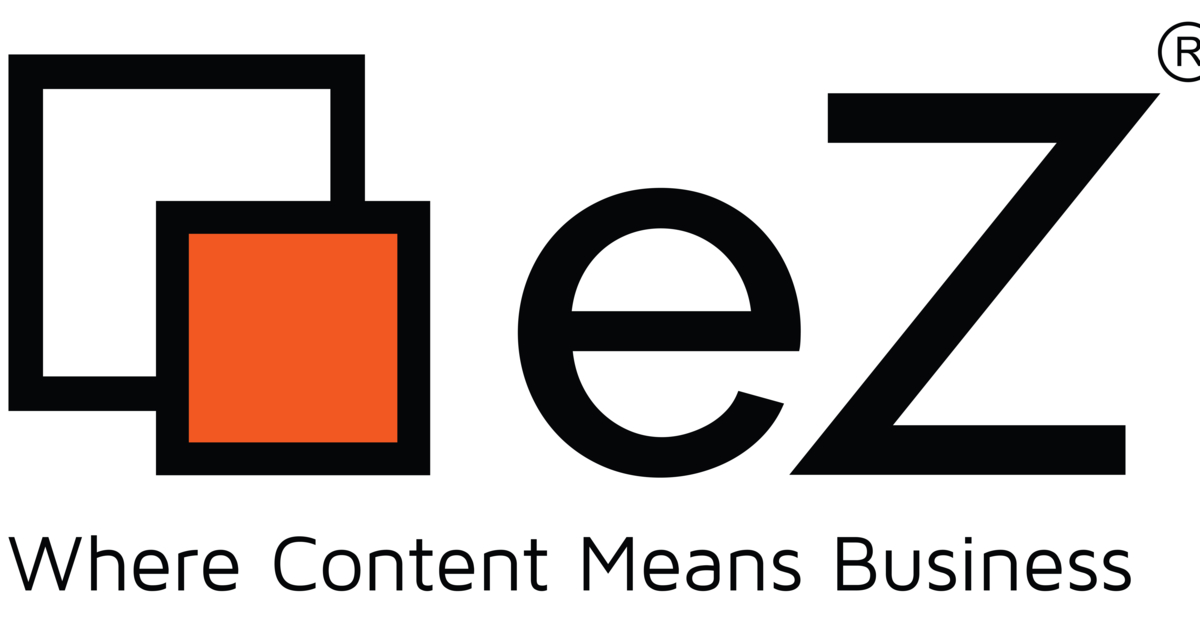
eZ Publish is a leading provider of enterprise content management (ECM) solutions for businesses of all sizes. They offer a comprehensive PHP-based platform that helps organizations create, manage, and deliver engaging digital content.
Drupal

Drupal is a widely used open-source content management system (CMS) that is powered by PHP. It is known for its flexibility, scalability, and strong community support.
Symfony
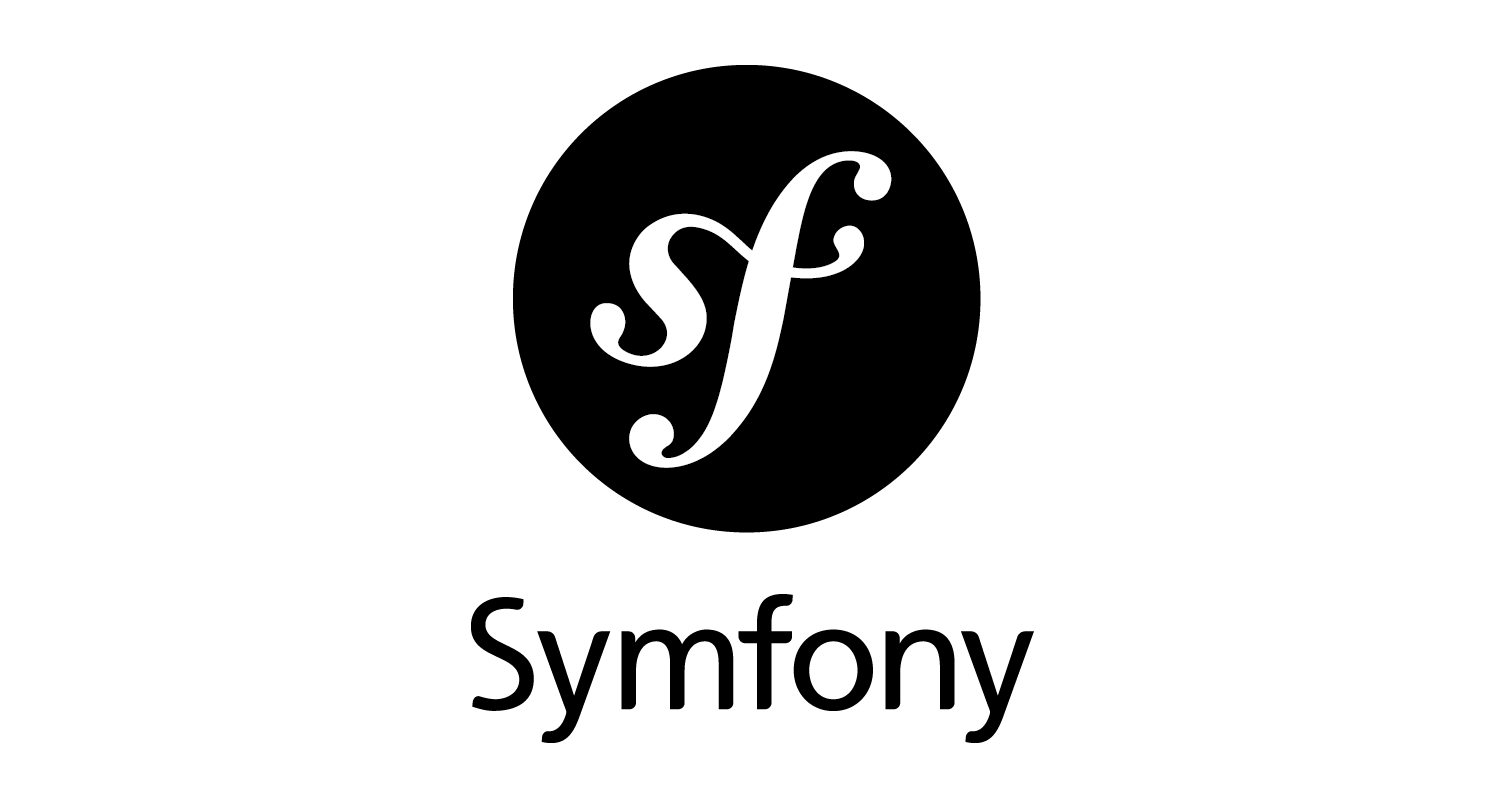
Symfony is a high-performance PHP framework that is used by many large organizations. It is known for its modularity, security, and extensive documentation.
Laravel
Laravel is a popular open-source PHP framework that is known for its elegance, simplicity, and expressive syntax.
Magento
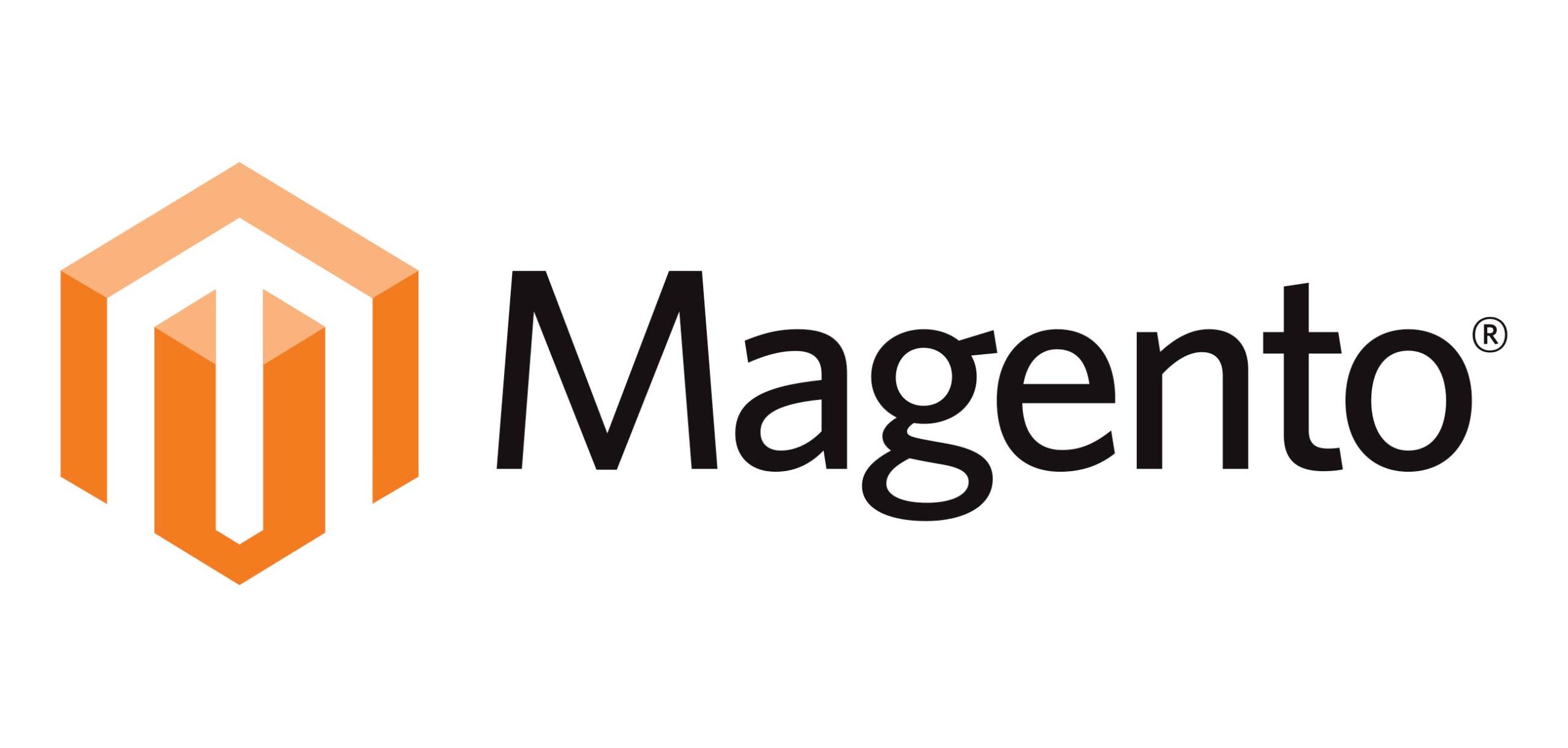
Magento is a leading open-source e-commerce platform that is powered by PHP. It is used by many large retailers, including Nike, Ford, and Samsung.
CodeIgniter

CodeIgniter is a lightweight PHP framework that is known for its simplicity and ease of use. It is a good choice for small to medium-sized projects.
CakePHP
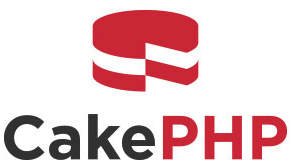
CakePHP is a mature and stable PHP framework that is known for its convention over configuration approach.
Zend Framework

Zend Framework is an enterprise-level PHP framework that is used by many large organizations. It is known for its robust features and extensive documentation.
Phalcon
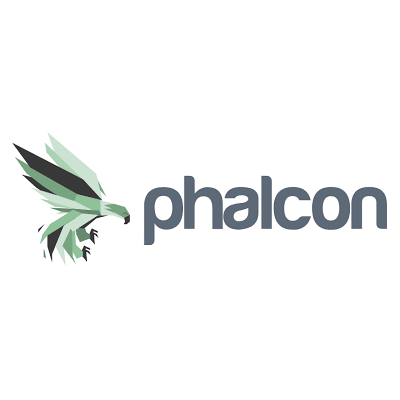
Phalcon is a high-performance PHP framework that is known for its speed and efficiency. It is a good choice for applications that require high performance.
Yii2

Yii2 is a modern and feature-rich PHP framework that is known for its flexibility and extensibility.
Our Criteria
Selecting the right PHP web development company for your project is a crucial decision that can significantly impact the success of your web-based endeavors. To help you make an informed choice, it’s essential to have a clear set of criteria in mind when evaluating potential partners. In this comprehensive guide, we’ll delve deeper into the key criteria used to select the top PHP web development companies.
Expertise and Experience
When it comes to PHP web development, expertise and experience are paramount. The top PHP web development companies are staffed with seasoned professionals who have a deep understanding of PHP’s capabilities and nuances. They possess extensive experience in working with PHP to create a wide range of web solutions.
These companies often highlight their team’s expertise in PHP and related technologies. Look for certifications, awards, or recognitions that showcase their proficiency in PHP development. A proven track record of delivering successful projects is a strong indicator of a company’s competence.
Portfolio Assessment
A PHP web development company’s portfolio is a window into their capabilities and craftsmanship. When evaluating potential partners, take the time to thoroughly examine their portfolio. Look for diversity in the types of projects they’ve undertaken, as it demonstrates adaptability and a wide-ranging skill set.
Pay attention to the quality of their work. Are the websites and applications in their portfolio well-designed, user-friendly, and functional? Assessing their previous projects will give you valuable insights into their ability to meet your specific requirements.
Client Reviews and Testimonials
Client feedback is a valuable resource in the selection process. Reputable PHP web development companies have a history of satisfied clients who are willing to share their experiences. Look for client reviews and testimonials on the company’s website or third-party review platforms.
Positive reviews and testimonials provide insights into the company’s professionalism, communication, adherence to deadlines, and overall client satisfaction. It’s a strong indicator of their commitment to delivering exceptional service.
Innovative Solutions
The top PHP web development companies stay at the forefront of industry trends and emerging technologies. They embrace innovative solutions to create modern, feature-rich websites and applications that can stand out in the competitive digital landscape.
Innovation can manifest in various ways, such as the adoption of cutting-edge PHP frameworks, integration of advanced features, or a forward-thinking approach to user experience (UX) and user interface (UI) design. Inquire about the company’s approach to innovation and how they incorporate it into their projects.
Security Measures
Security is of paramount importance in web development, and PHP web development is no exception. The top PHP web development companies prioritize security at every stage of the development process. They implement robust security measures to protect websites and user data from potential threats.
In your evaluation, inquire about the company’s approach to security. Do they follow industry best practices for securing PHP applications? Are they well-versed in addressing common vulnerabilities like SQL injection and cross-site scripting (XSS)? A commitment to security is non-negotiable.
Scalability and Future-Proofing
Websites and web applications should be built with scalability in mind. As your business grows, your online presence should be able to accommodate increased traffic and additional functionalities. Top PHP web development companies design and develop solutions that can scale seamlessly with your evolving needs.
During your assessment, discuss scalability with potential partners. Inquire about their approach to future-proofing your web solution. Are they equipped to handle future enhancements and updates? A forward-looking development strategy is vital for long-term success.
Cost-Effectiveness
While quality is a top priority, cost-effectiveness also plays a crucial role in the selection process. The best PHP web development companies provide excellent value for their services. They offer competitive pricing without compromising on quality or cutting corners.
During initial discussions, request detailed project proposals and cost estimates from potential partners. Compare these proposals while considering the overall value you’ll receive. Remember that cost-effectiveness is not just about the initial development cost but also the long-term benefits and ROI.
By carefully evaluating PHP web development companies based on these criteria, you can make an informed decision that aligns with your project’s goals and expectations. Choosing the right partner is a critical step toward achieving a successful web development project.
Industry Overview
PHP web development has been a cornerstone of the digital landscape for over two decades. Since its inception in the mid-1990s, PHP (Hypertext Preprocessor) has evolved into one of the most widely used server-side scripting languages for web development. Its versatility, ease of use, and extensive community support have contributed to its enduring popularity.
PHP’s Ubiquity
PHP’s ubiquity is evident in its presence across a vast array of websites and web applications. From small personal blogs to large-scale e-commerce platforms and content management systems (CMS), PHP powers a significant portion of the internet. Popular platforms like WordPress, Joomla, and Drupal are built on PHP, making it the backbone of countless websites.
Frameworks and Tools
PHP’s strength lies not only in its core language but also in the robust ecosystem of frameworks and tools available to developers. PHP frameworks such as Laravel, Symfony, and CodeIgniter provide structured, efficient, and maintainable foundations for web applications. These frameworks streamline development processes, enhance security, and promote best practices.
Additionally, PHP offers seamless integration with databases, including MySQL, PostgreSQL, and MongoDB, making it a versatile choice for data-driven applications. The availability of open-source tools and libraries further accelerates development, reducing the time and effort required to build sophisticated web solutions.
E-Commerce and Content Management
E-commerce is a prominent sector where PHP shines. With the emergence of online shopping as a global phenomenon, PHP-based e-commerce platforms have played a pivotal role. The ability to develop feature-rich, customizable online stores has made PHP a preferred choice for businesses seeking to establish their online presence.
Content management is another domain where PHP excels. Content management systems (CMS) like WordPress, which is powered by PHP, have revolutionized web publishing. These platforms empower users to create and manage content with ease, making them indispensable for bloggers, publishers, and businesses alike.
Custom Web Solutions
Beyond e-commerce and content management, PHP is well-suited for developing custom web solutions tailored to specific business needs. From customer relationship management (CRM) systems to intranet portals and booking engines, PHP’s flexibility allows developers to create bespoke applications that address unique challenges.
Mobile and API Integration
In an era where mobile devices are ubiquitous, PHP’s role extends to mobile app backends and API development. PHP can serve as the backend for mobile applications, enabling seamless communication between mobile devices and server databases. RESTful APIs built with PHP facilitate data exchange, enabling integration with third-party services and enabling mobile app functionality.
Cross-Platform Compatibility
PHP is known for its cross-platform compatibility, making it suitable for deploying web applications on various operating systems and web servers. This versatility ensures that PHP-based solutions can reach a broad audience of users, regardless of their device or hosting environment.
Continuous Evolution
PHP’s evolution continues, with each new version introducing enhancements, performance improvements, and modern features. The PHP community remains active and engaged, contributing to the language’s growth and ensuring its relevance in a rapidly changing digital landscape.
Challenges and Future Prospects
While PHP has a robust presence in web development, it’s not without its challenges. The need for security measures to protect against vulnerabilities like SQL injection and cross-site scripting (XSS) remains a priority. As cyber threats evolve, PHP web development must keep pace with stringent security practices.
Additionally, the rise of alternative languages and platforms, such as Node.js and Python, poses competition to PHP. To maintain its prominence, PHP must continue to innovate, embrace modern development paradigms, and adapt to emerging technologies.
In conclusion, PHP web development remains a cornerstone of the digital world, underpinning websites, applications, and systems across diverse industries. Its versatility, extensive ecosystem, and enduring popularity make it a formidable choice for businesses and developers seeking to create dynamic and feature-rich web solutions. As PHP evolves to meet contemporary challenges, it is poised to remain a vital player in web development for years to come.
PHP Development Challenges and Solutions
PHP web development, while versatile and powerful, is not without its challenges. Developers often encounter hurdles that require innovative solutions to ensure the successful delivery of web applications. Here, we explore some common challenges faced in PHP web development and the solutions employed to overcome them.
1. Security Vulnerabilities
Challenge: Security is a paramount concern in web development, and PHP is no exception. Common security vulnerabilities, such as SQL injection, cross-site scripting (XSS), and insecure file uploads, pose significant threats to web applications.
Solution: PHP offers a range of security measures to mitigate these risks. Developers can employ practices like input validation, output escaping, and prepared statements to prevent SQL injection. Utilizing PHP frameworks like Laravel and Symfony also provides built-in security features, including Cross-Site Request Forgery (CSRF) protection and authentication mechanisms. Regular security audits and updates to PHP libraries and dependencies are crucial for staying ahead of emerging threats.
2. Performance Optimization
Challenge: Web application performance directly impacts user experience. Slow-loading pages and inefficient queries can deter users and harm SEO rankings.
Solution: To optimize performance, developers can implement techniques like database indexing, query optimization, and caching. PHP offers built-in support for caching mechanisms, and using tools like Redis and Memcached can significantly improve application speed. Profiling and performance monitoring tools help identify bottlenecks, enabling developers to fine-tune critical areas for optimal performance.
3. Code Maintainability
Challenge: As web applications grow in complexity, maintaining and refactoring code becomes challenging, especially in larger projects.
Solution: PHP’s modular structure encourages code organization and reusability. Leveraging version control systems like Git helps manage changes and collaborate effectively. Adhering to coding standards and documenting code thoroughly simplifies code maintenance and collaboration among developers.
4. Version Compatibility
Challenge: PHP frequently releases new versions with improvements and updates. Ensuring that existing applications remain compatible with newer PHP versions is essential.
Solution: Regularly updating PHP packages and dependencies, following PHP’s upgrade guides, and conducting thorough testing after each update are essential steps to maintain version compatibility. This ensures that web applications remain secure, performant, and up-to-date.
5. Scalability
Challenge: As web applications gain popularity and traffic grows, scalability becomes a concern. Ensuring that the application can handle increased loads is crucial.
Solution: PHP provides solutions for scalability, such as load balancing, database sharding, and job queues. Leveraging cloud platforms like AWS, Azure, or Google Cloud offers scalability benefits. PHP frameworks like Laravel offer tools for building scalable applications, making it easier to accommodate growing user bases.
6. Third-Party Integrations
Challenge: Web applications often need to integrate with third-party services, APIs, or payment gateways. Ensuring seamless integration can be complex.
Solution: PHP’s support for RESTful APIs simplifies third-party integrations. Developers can leverage PHP libraries and SDKs to streamline integration with popular services like social media platforms, payment gateways, and analytics tools. Utilizing OAuth for secure authorization and authentication enhances the reliability of third-party integrations.
7. Cross-Browser Compatibility
Challenge: Ensuring that web applications function consistently across different web browsers and devices can be challenging due to varying rendering engines and standards compliance.
Solution: PHP developers can implement responsive web design practices and use CSS frameworks like Bootstrap to create cross-browser-compatible layouts. Regular testing across multiple browsers and devices, along with CSS and JavaScript polyfills when necessary, helps achieve consistent performance and functionality.
Wrapping Up
In the ever-evolving landscape of web development, PHP continues to stand as a robust and versatile choice for building web applications. Through its extensive ecosystem, mature frameworks, and a vibrant community, PHP empowers developers to create dynamic and feature-rich websites and web services. As we conclude our exploration of PHP web development, it’s essential to highlight the enduring strengths and enduring relevance of this programming language.
Over the years, PHP has evolved significantly, addressing many of the challenges it once faced. It offers powerful solutions for security, performance optimization, code maintainability, and version compatibility. Developers can harness PHP’s capabilities to build scalable, efficient, and secure web applications.
Furthermore, PHP’s vibrant community ensures that it remains at the forefront of web development. Developers worldwide continue to contribute to the language’s growth, sharing best practices, tools, and libraries. This collective effort keeps PHP in sync with the latest industry trends and standards.
As businesses and organizations seek to create innovative online experiences, PHP stands as a reliable and versatile partner. Whether you’re building e-commerce platforms, content management systems, or custom web applications, PHP offers the flexibility and scalability needed to meet your unique requirements.
In conclusion, PHP web development remains a force to be reckoned with in the world of web programming. Its adaptability, extensive library support, and vast developer community make it a dependable choice for both seasoned developers and newcomers to the field. As technology continues to advance, PHP adapts and thrives, ensuring that it will continue to play a pivotal role in shaping the future of web development. If you’re embarking on a web development journey, PHP is a language worth considering for its enduring qualities and the limitless possibilities it offers.
Frequently Asked Questions
1. What is PHP, and why is it popular for web development?
PHP is a widely-used server-side scripting language designed for web development. It’s popular because it’s easy to learn, highly versatile, and offers a vast ecosystem of libraries and frameworks. PHP’s compatibility with various web servers and databases makes it an excellent choice for building dynamic websites and web applications.
2. What are some notable PHP frameworks for web development?
There are several popular PHP frameworks, including Laravel, Symfony, CodeIgniter, and Yii, among others. These frameworks provide pre-built components, tools, and a structured approach to web development, saving time and enhancing code quality.
3. Is PHP secure for web development?
PHP has made significant strides in improving security over the years. It offers built-in security features like data validation, input sanitization, and protection against common web vulnerabilities. However, the security of a PHP application largely depends on how it’s coded and configured. Adhering to best practices and staying updated with security patches is essential to maintaining a secure PHP application.
4. How can I optimize the performance of PHP web applications?
To optimize PHP web applications, you can employ various techniques, including code optimization, database indexing, and caching. PHP offers built-in support for caching mechanisms like APCu, Memcached, and Redis, which can significantly improve performance. Profiling and profiling tools can help identify bottlenecks that need optimization.
5. What are the challenges of PHP web development?
PHP web development may face challenges like security vulnerabilities, scalability issues, complex business logic, and version compatibility. However, these challenges can be mitigated through best practices, the use of reliable frameworks, and staying updated with the latest PHP versions and security patches.
6. Is PHP a suitable choice for e-commerce development?
Yes, PHP is a suitable choice for e-commerce development. There are dedicated e-commerce platforms and frameworks like WooCommerce (for WordPress), Magento, and PrestaShop that are built using PHP. These platforms offer extensive features for building robust online stores and can be customized to meet specific business requirements.
7. How does PHP compare to other web development languages?
PHP competes favorably with other web development languages like Python, Ruby, and JavaScript. The choice between languages often depends on project requirements and developer preferences. PHP’s strengths lie in its simplicity, extensive community support, and availability of frameworks for various use cases.
8. Can I use PHP for mobile app development?
While PHP is primarily used for server-side web development, you can build mobile app backends using PHP. By creating a RESTful API with PHP and integrating it with mobile app frameworks like React Native or Flutter, you can achieve cross-platform mobile app development.
9. What resources are available for learning PHP web development?
There are abundant resources available for learning PHP web development. Online tutorials, documentation, video courses, and PHP community forums are valuable sources of information. Popular PHP learning platforms include Codecademy, Udemy, and W3Schools, where you can find courses catering to all skill levels.
10. How can I keep my PHP applications up to date and secure?
To keep your PHP applications up to date and secure, regularly monitor PHP’s official website for new releases and security advisories. Update your PHP version and any third-party libraries or frameworks you use. Implement security best practices, conduct regular code audits, and consider using security tools to scan for vulnerabilities.
Featured Image Credit: Photo by Ben Griffiths; Unsplash – Thank you!
